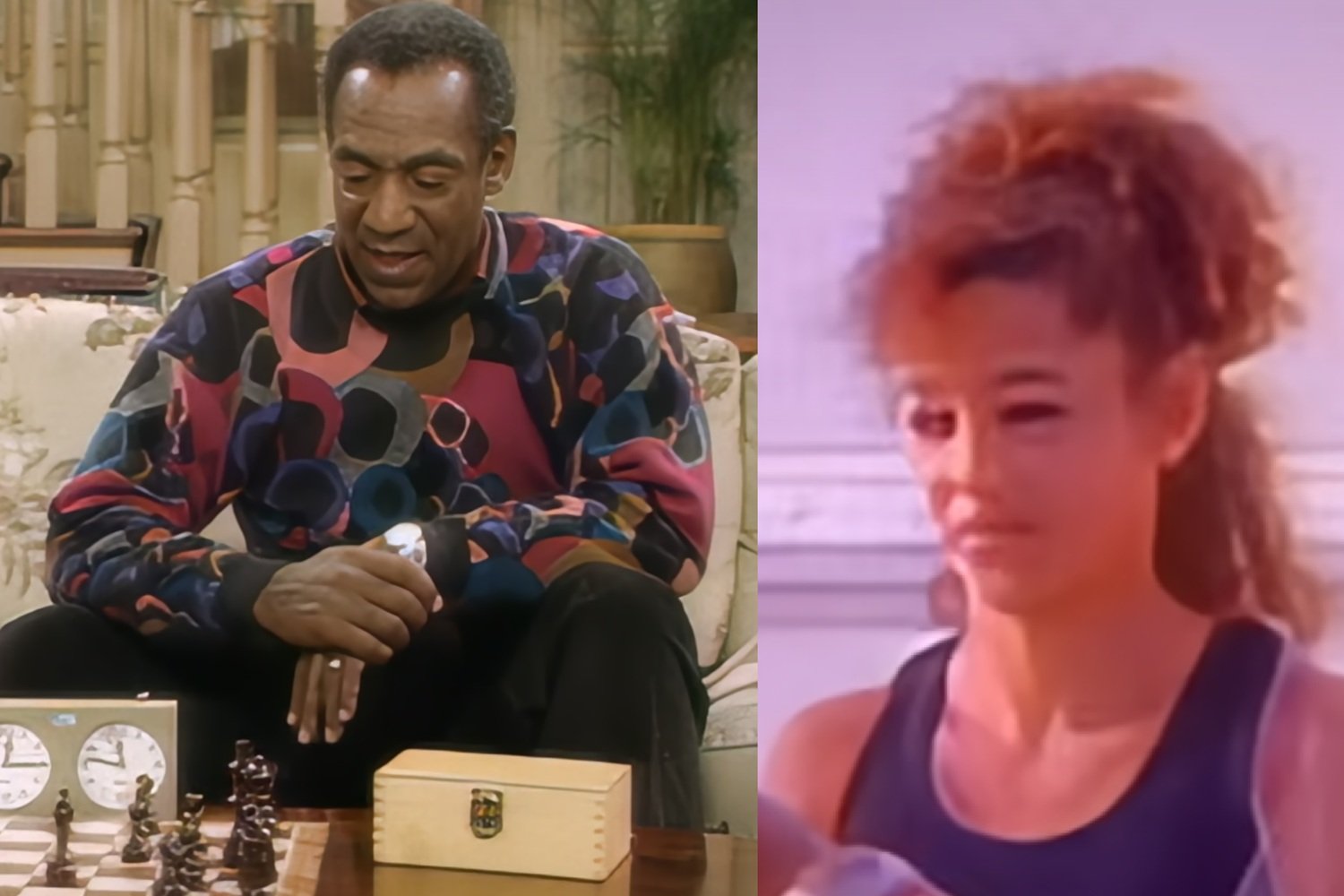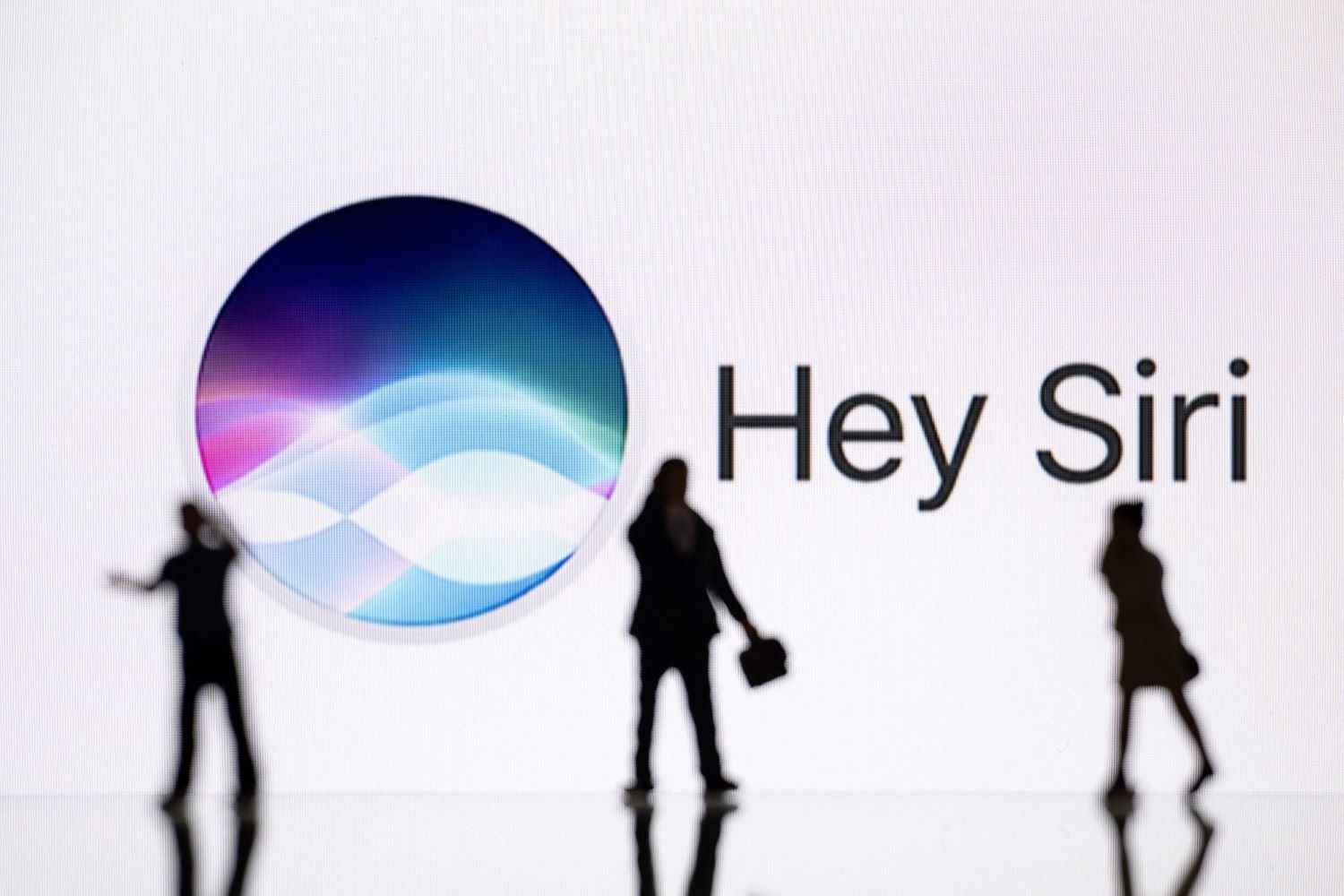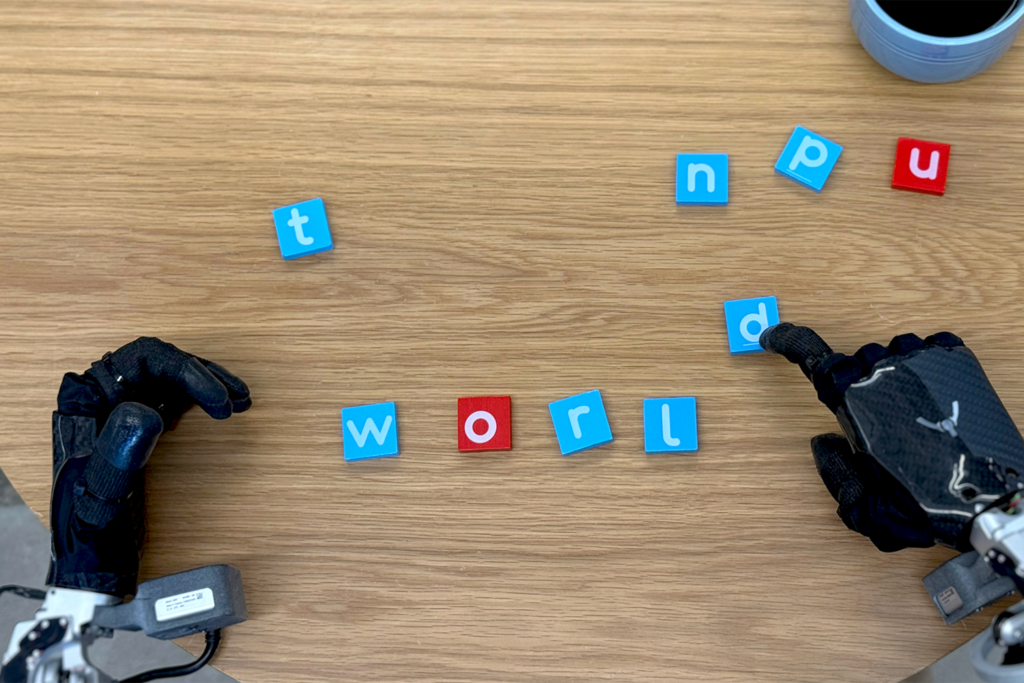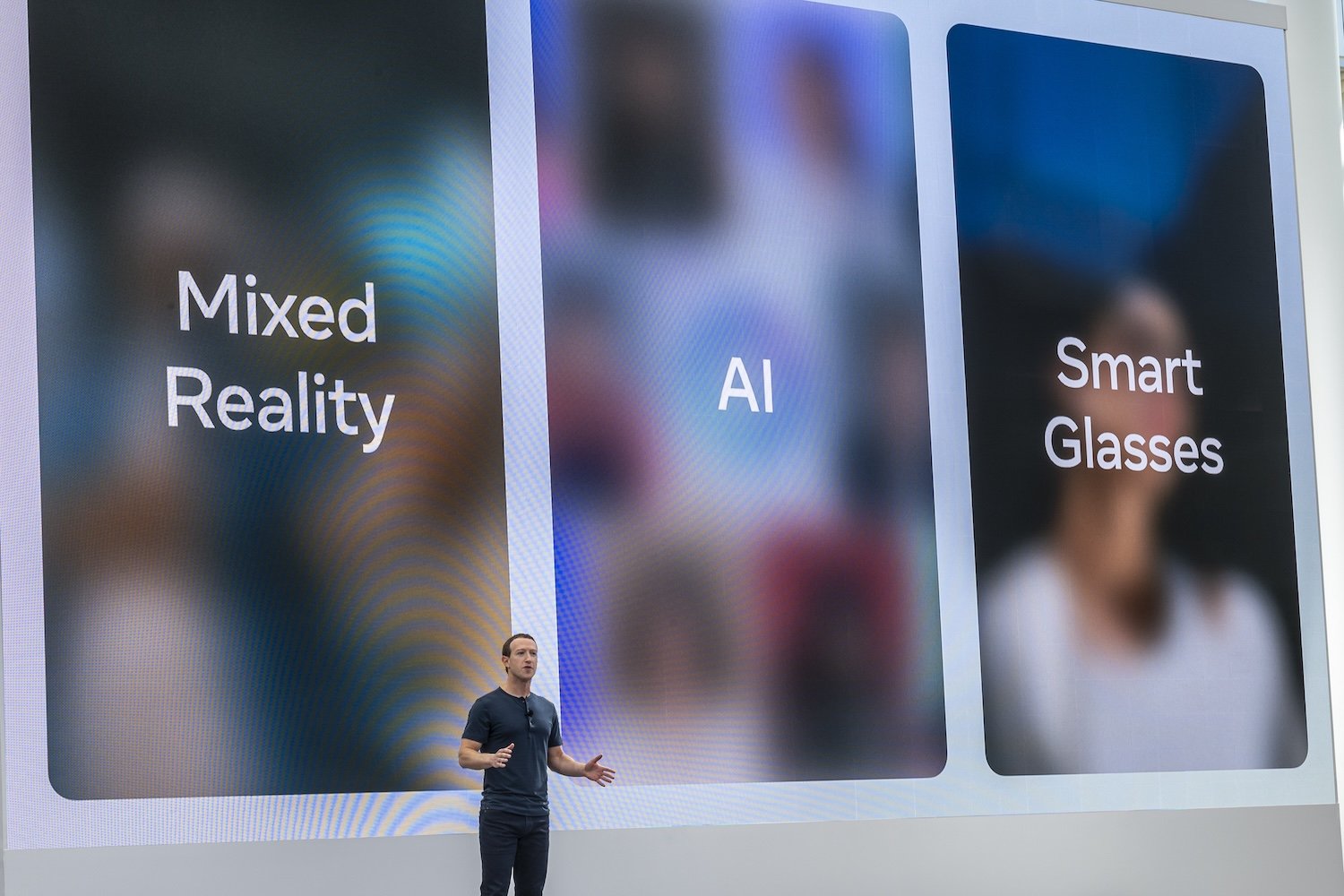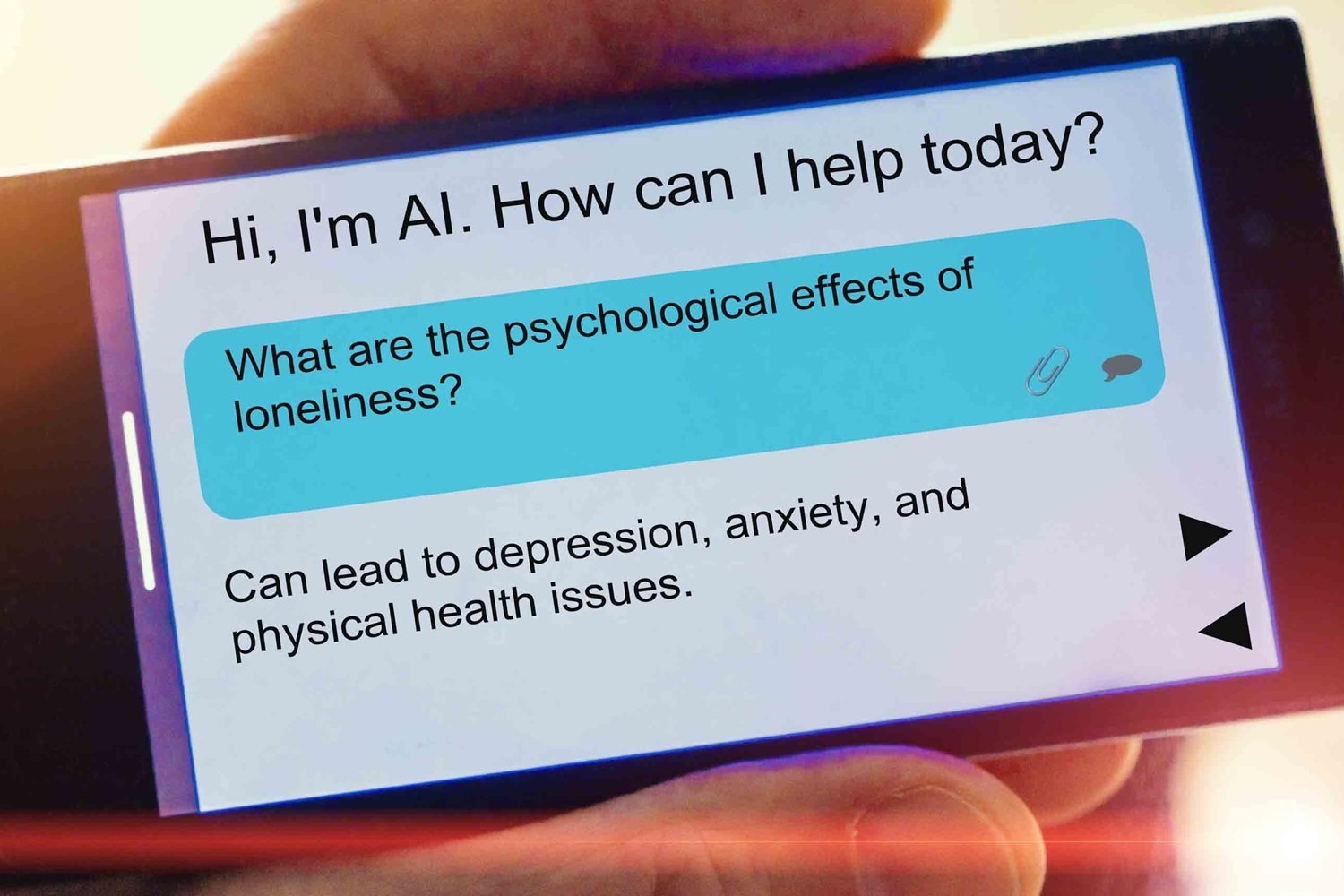The rise of streaming has given classic sitcoms a new lease on life. However, some remasters are doing more harm than good. Shows like Roseanne on Peacock and A Different World on Netflix are suffering from the detrimental effects of AI upscaling, resulting in a distorted viewing experience that detracts from the original charm of these beloved series.
AI upscaling, intended to enhance older shows for modern displays, is instead creating a nightmarish visual landscape. Characters’ faces melt and shimmer, eyes float unnaturally, and fine details, particularly text, become indecipherable. This unsettling effect has been observed and documented across various platforms, raising concerns about the preservation of classic television.
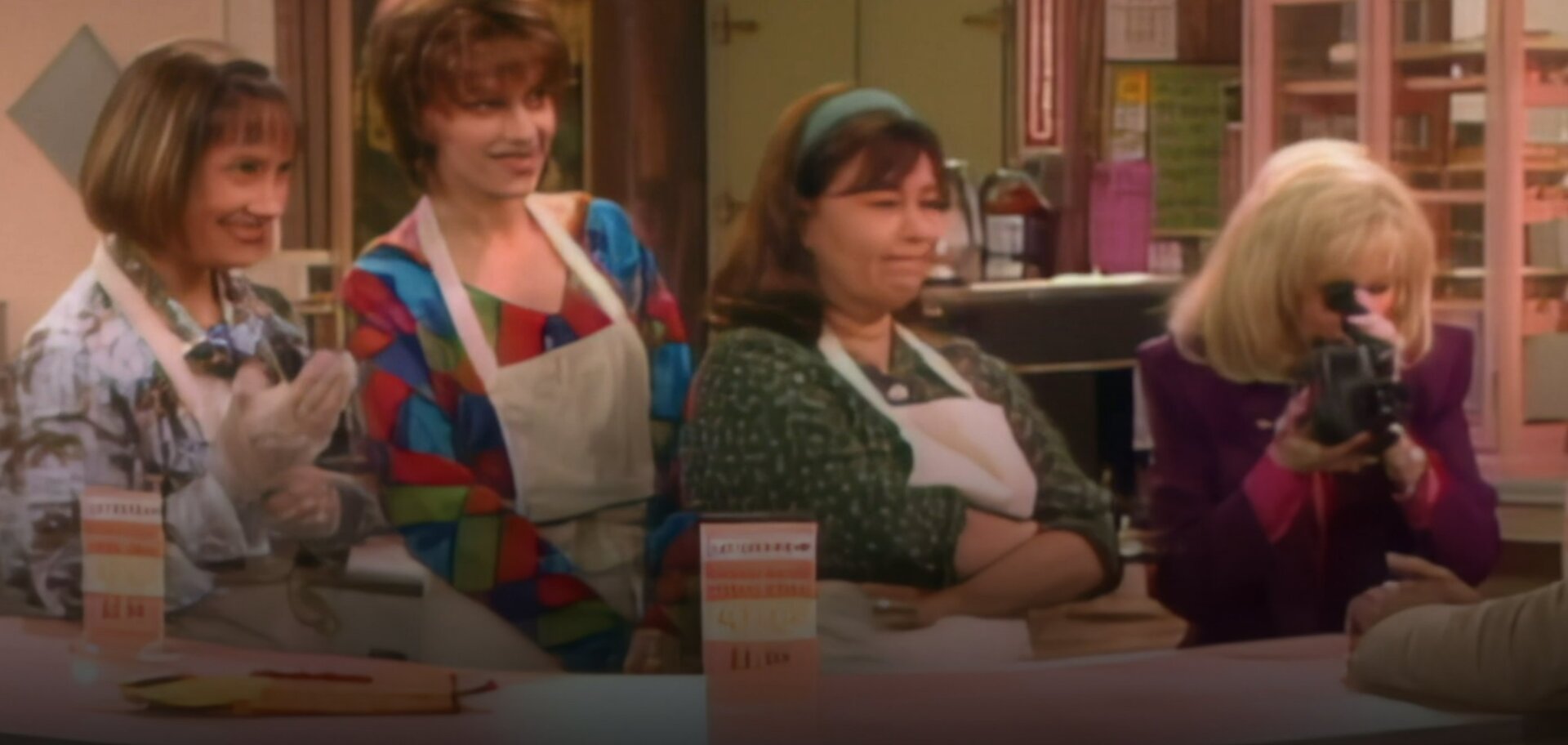 Distorted text on a menu in Roseanne
Distorted text on a menu in Roseanne
While streaming services often bear the brunt of the blame, the responsibility likely lies with the production companies that own the rights and license the shows. In the case of both Roseanne and A Different World, The Carsey-Werner Company appears to be the common denominator. Their recent remastering initiative, touted as a blend of “advanced AI with skilled creative artistry,” has yielded less-than-desirable results.
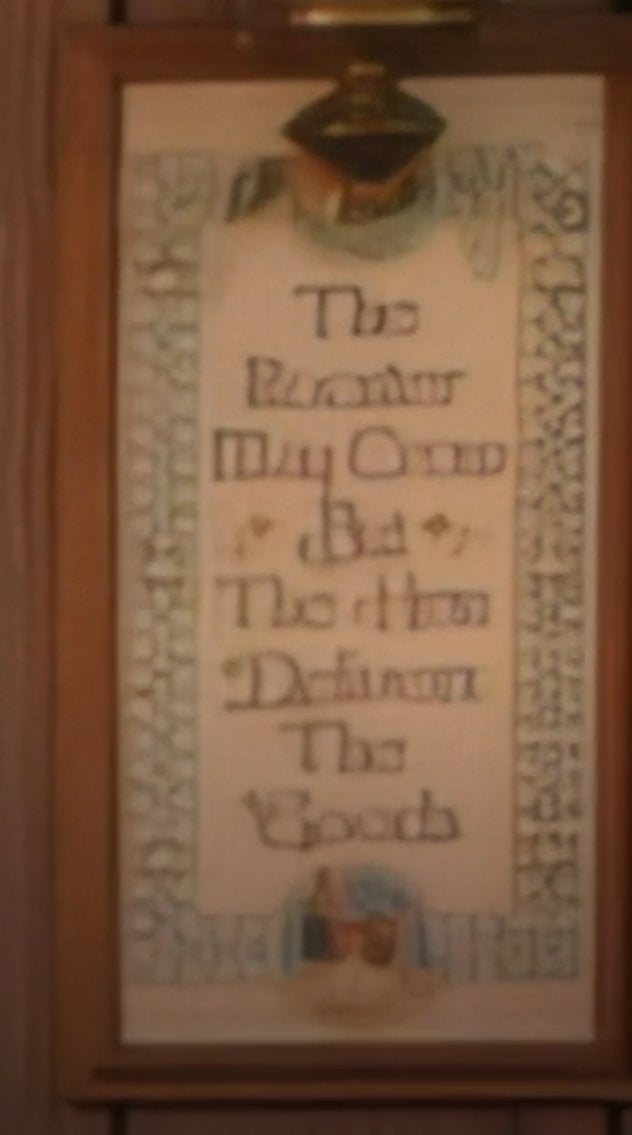 Distorted facial features in Roseanne
Distorted facial features in Roseanne
Carsey-Werner claims the remastering process involves noise reduction, color correction, stabilization, and audio improvements. However, the end product falls far short of “honoring the original content,” as they claim. The AI artifacts are readily apparent, even in the promotional video announcing the remaster.
Ironically, the attempt to modernize these shows for 4K screens has resulted in a degradation of quality. While the desire to improve the viewing experience on modern televisions is understandable, the AI upscaling process has introduced glaring flaws that detract from the original artistry.
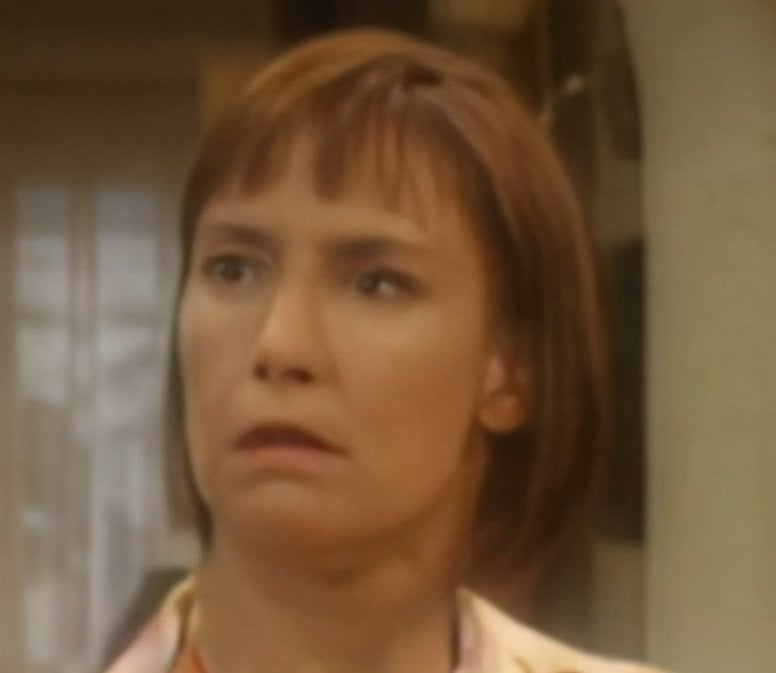 Distorted image quality in Roseanne
Distorted image quality in Roseanne
There are successful examples of remastering done right. Cheers, The X-Files, and Star Trek: The Next Generation have all undergone careful restoration processes that enhance the viewing experience without sacrificing the original integrity of the shows. These projects, however, involve meticulous work by skilled archivists and a significant financial investment, a stark contrast to the seemingly rushed and cost-effective approach of AI upscaling.
While the convenience and accessibility of streaming are undeniable, the current state of AI upscaling raises serious concerns about the long-term preservation of classic television. The pursuit of quick and cheap solutions is resulting in the degradation of beloved shows, highlighting the importance of careful and considered remastering techniques that prioritize preserving the original artistic vision. The unfortunate reality is that the best way to ensure the survival of these cultural artifacts may be through personal archiving, despite the inherent challenges of media degradation over time. The future of classic television depends on striking a balance between modernization and preservation, a challenge that demands more than just a quick fix.



